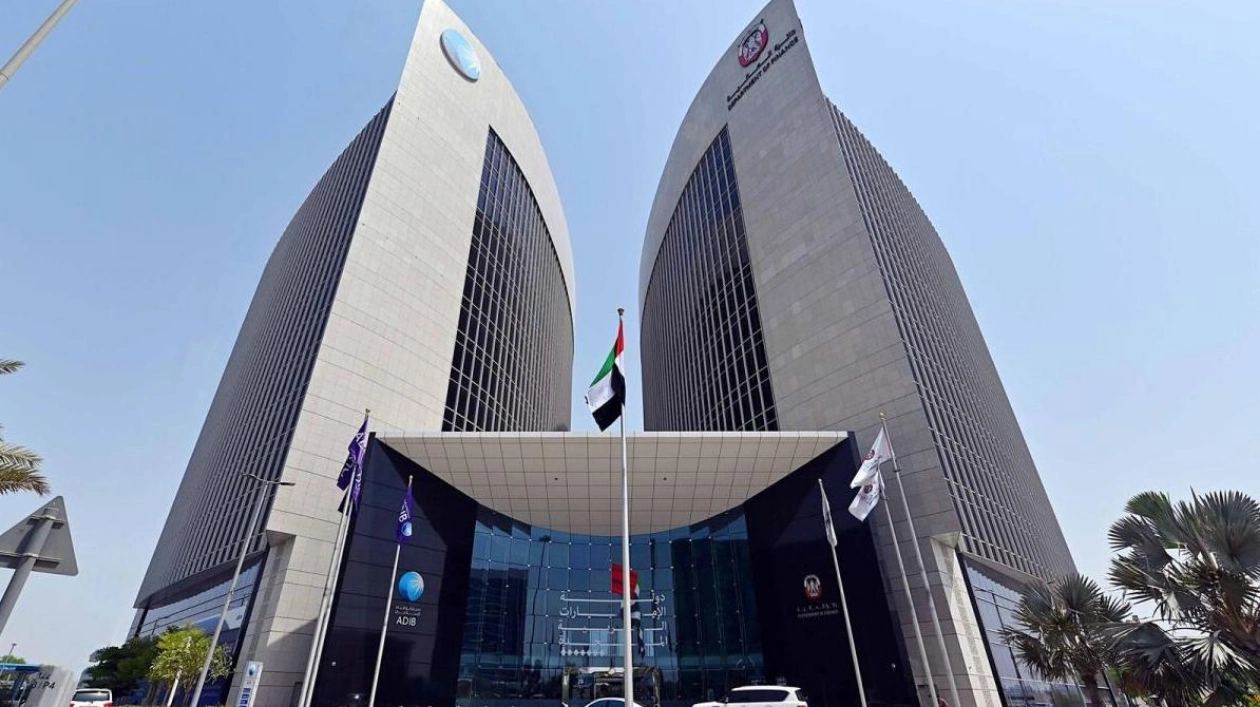Abu Dhabi Islamic Bank (ADIB), a prominent financial institution in the UAE, revealed on Monday its plan to reduce operational emissions by 49% by 2030, compared to its 2022 baseline. This move makes ADIB the first commercial Islamic bank in the region to establish sector-specific decarbonisation targets for 2030.
On the same day, ADIB released its inaugural comprehensive Net Zero report, detailing the bank's path toward lowering carbon emissions in both its operations and financed activities. The report provides a baseline assessment of ADIB's 2022 emissions and sets clear interim goals for 2030 as part of its robust sustainability strategy.
The report also identifies specific emission-reduction strategies for six high-impact sectors within its financing portfolio, which together account for 40% of the bank's UAE financed emissions. These sectors include home finance, auto finance, real estate, air transport, utilities, and petroleum manufacturing.
Mohamed Abdelbary, ADIB's group chief executive officer, emphasized the bank's commitment to leading sustainable Islamic banking and supporting the UAE's national goals for a sustainable future. He stated, "Our first Net Zero report showcases ADIB's proactive efforts to assess and reduce emissions, highlighting our dedication to transparency, accountability, and continuous improvement."
The publication of ADIB's Net Zero Report signifies a crucial step in the bank's sustainability journey. ADIB will continue to track its progress, refine its strategies, and collaborate with key stakeholders to inspire positive change across the banking sector.
Source link: https://www.khaleejtimes.com






